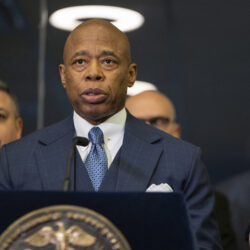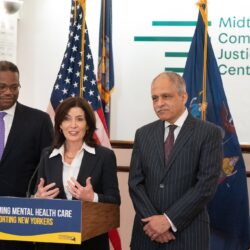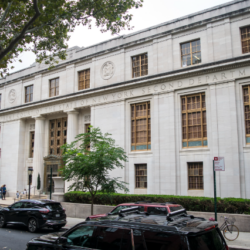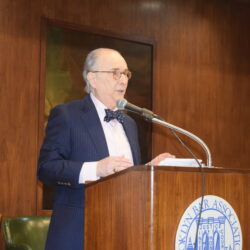
NYC Council passes resolution supporting parole reforms amid growing advocacy
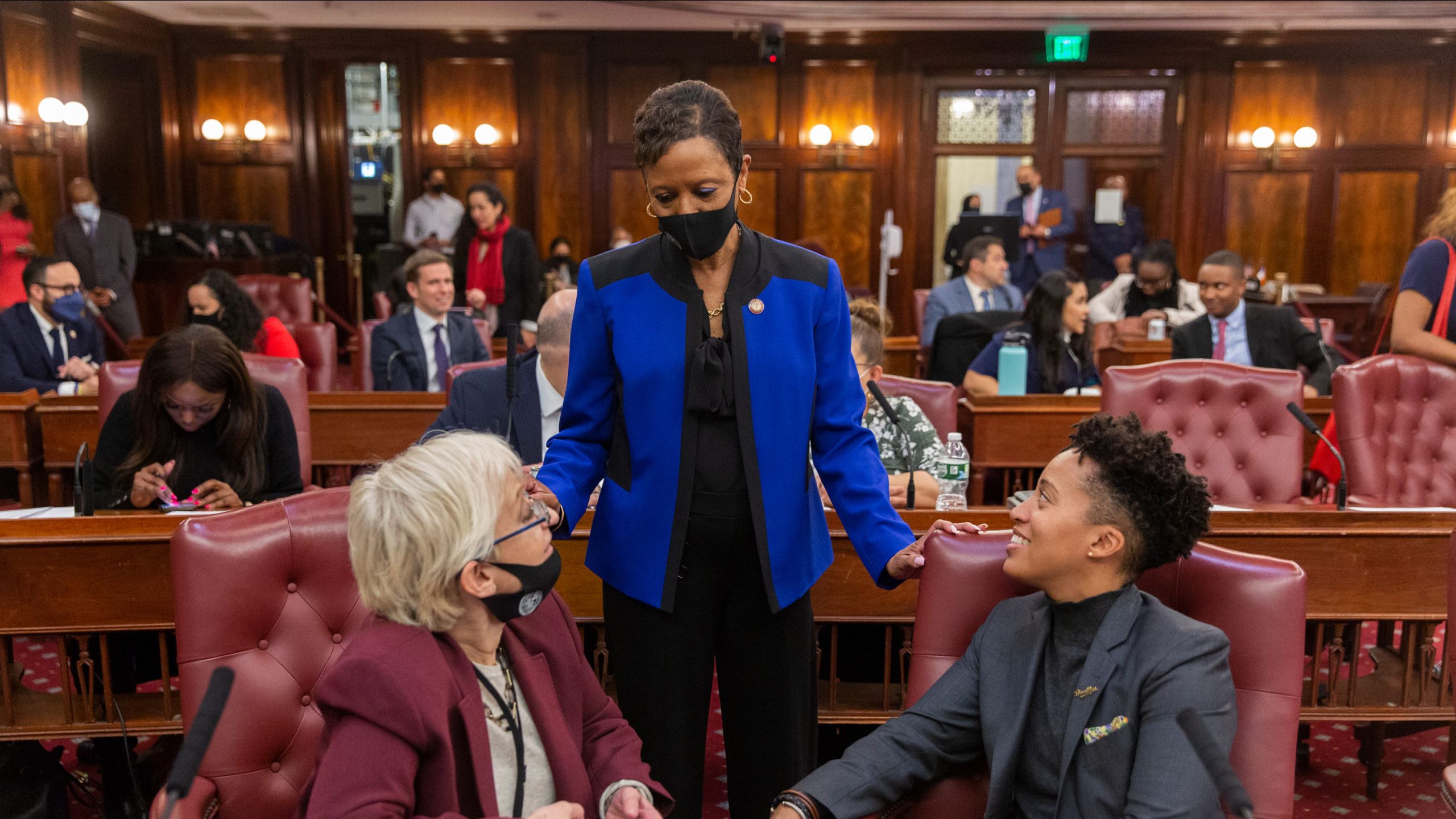
Council Speaker Adrienne Adams (center) speaks with Councilmembers Crystal Hudson (left) and Lynn Schulman at City Hall, March 25, 2022.
Photo courtesy of NYC Council
Photo courtesy of NYC Council
Leave a Comment
Leave a Comment

